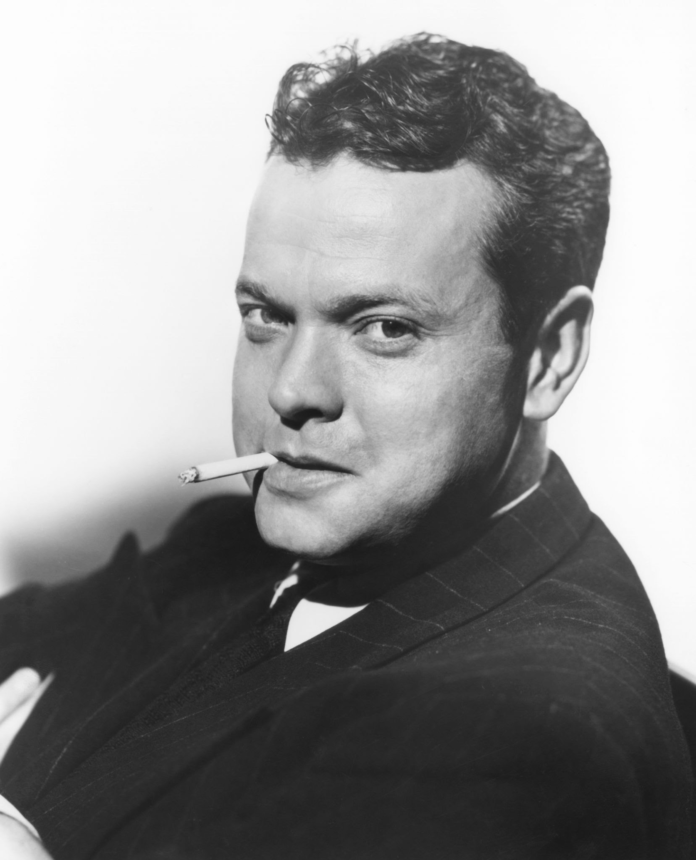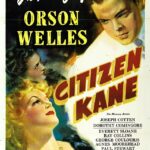Orson Welles was a legendary filmmaker whose contributions revolutionized the film industry in several groundbreaking ways. Here’s a concise look at his major contributions:
6🎬 1. “Citizen Kane” (1941) – A Cinematic Revolution
Innovative Cinematography: Collaborated with cinematographer Gregg Toland to use deep focus shots, where the foreground, midground, and background are all in sharp focus.
Non-linear Narrative: Popularized fragmented, non-linear storytelling using multiple perspectives to tell Charles Foster Kane’s story.
Creative Use of Sound & Lighting: Pioneered sound bridges and chiaroscuro lighting to enhance storytelling mood.
Often considered the greatest film of all time for its technical and narrative innovations.
5🎥 2. Pushing the Boundaries of Film Language
- Low-angle shots: Used to show power and dominance, with visible ceilings — a rarity at the time.
- Long takes & tracking shots: Preferred long takes that let scenes play out without cuts, increasing realism and immersion.
- Montage & Visual Symbolism: Used montage sequences not just for time-lapses but as psychological storytelling tools.
4🎭 3. Merging Theatre and Cinema
- Brought theatrical techniques to cinema from his radio and stage background (notably from his Mercury Theatre group).
- Directed Macbeth and Othello on film, adapting Shakespeare with bold stylistic vision and minimal budgets.
3📻 4. Innovator in Radio and Sound Design
- His infamous radio broadcast of “The War of the Worlds” (1938) caused public panic, showcasing his mastery over sound and audience engagement.
- Transferred his radio expertise to film — enhancing sound editing, voice-over narration, and ambient sound.
2🕊️ 5. Independent Filmmaking Pioneer
- Fought for creative control, often clashing with studios. Later worked outside the Hollywood system.
- Made films like Touch of Evil (1958) and The Trial (1962) under financial and logistical constraints, showing that auteur-driven cinema was possible.
1📽️ 6. Legacy and Influence
- Inspired generations of filmmakers including Martin Scorsese, Steven Spielberg, Francis Ford Coppola, and David Fincher.
- Champion of artistic integrity in a commercial industry — a model for independent and visionary directors.





